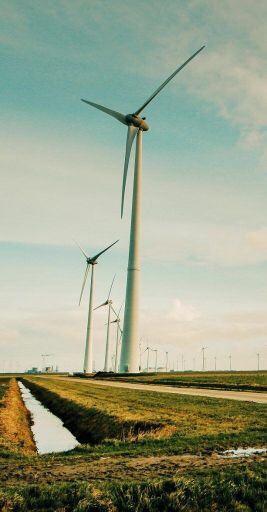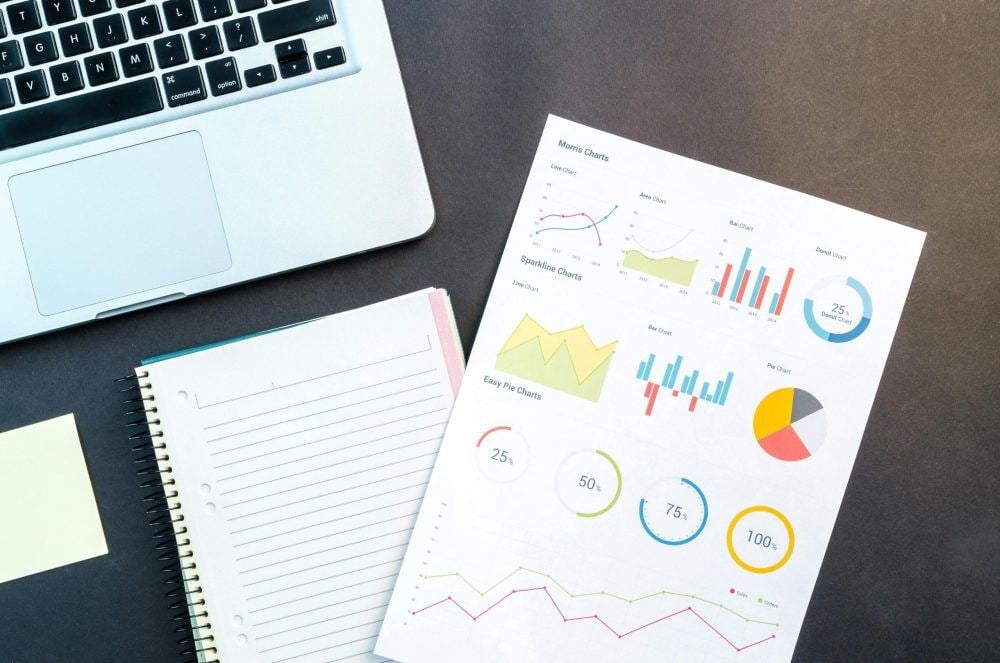


You might think that reducing power usage and cutting down on waste is enough to make your business sustainable, unfortunately, it’s just the beginning.
It’s time to step up and take the next big leap. That means reducing – and ditching, where possible – conventional energy sources and transitioning towards renewable energy.
Embracing corporate social responsibility puts you in line with global efforts to tackle climate change, and with the right assistance, it can even be turned into an advantage over your competitors. So, don’t just sit back and wait – it’s time to measure your renewable energy requirements and start making a switch. If you’re wondering how to go about it, this blog has got you covered!
Understanding Your Energy Consumption
The first step in measuring your renewable energy needs is to gain a comprehensive understanding of your current energy consumption.
This involves more than just a look at last month’s energy bills and involves processes like identifying peak usage times – including the days of the week, times of day, and time of year – and understanding the ongoing and future energy demands of your operations. Break down your energy usage by department, process, and equipment to pinpoint where and how energy is consumed within your organisation.
Assessing Your Energy Sources
Once you have a clear picture of your energy consumption, the next step is to assess the sources of this energy. How much of your energy already comes from renewable sources, and how much is still reliant on fossil fuels? This assessment will help you identify gaps in your energy portfolio and set a baseline for integrating more renewable energy solutions.
Setting Renewable Energy Goals
Now that you have an idea of how much energy you are consuming and where it comes from, it’s time to set practical and achievable goals for using renewable energy.
These goals should align with your sustainability objectives and consider factors such as your budget, existing infrastructure, and regulatory requirements. Whether you aim to reduce your use of fossil fuels by a certain percentage or commit to sourcing a specific amount of energy from renewable sources, clear goals will help guide your renewable energy strategy.
Exploring Energy Options
There are various renewable energy options that businesses can consider today, such as solar, wind, hydro, and biomass. Each of these options has its own set of factors to consider, including costs, geographical suitability, and scalability.
Before investing a significant amount of money in renewable energy solutions, it’s crucial to have a feasibility study conducted. This study will evaluate the technical, economic, and environmental viability of implementing your chosen renewable energy solutions. Factors such as the suitability of the location for solar panels or wind turbines, the availability of local renewable energy providers, and potential government incentives should be taken into account.
It is highly recommended to consult with professionals, such as the environmental consultants at WolfPeak, to obtain professional insights into the most feasible renewable energy solutions for your needs.
Implementation, Monitoring and Continual Improvement
Once you have a well-defined plan to adopt renewable energy, the next step is to implement the chosen solutions. This phase may involve infrastructure changes, purchasing renewable energy certificates, or entering into power purchase agreements with renewable energy providers. It is important to monitor the ongoing performance of these solutions to ensure they meet your energy requirements and sustainability goals.
It’s important to remember that the journey towards renewable energy is ongoing. As technology advances, new techniques and solutions are being created. Keeping yourself informed about new renewable energy developments and being prepared to adapt your approach as needed will help you succeed in your efforts.
Get in Touch
Measuring your renewable energy needs is a crucial step towards adopting a more sustainable and responsible business model. By understanding your energy consumption, defining clear goals, exploring renewable options, and continuously improving your strategy, your business can considerably reduce its environmental impact and contribute to a more sustainable future.
Seeking professional guidance in measuring and implementing renewable energy solutions is important for results – and can even turn sustainability into a competitive advantage for your business.
So, get in touch with our team today and discover all the ways your business can go to the next level.

